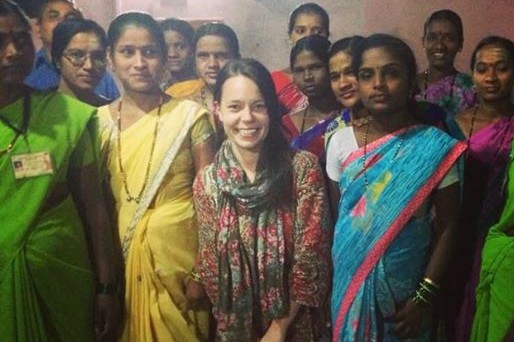
We are thrilled to be sharing this supplement in partnership with our many esteemed collaborators and Reproductive Health in a special issue titled – ‘Community insights from four low and middle-income countries into normal and complicated pregnancies’.
Engage with the community
Strategies to improve maternal and perinatal health must first and foremost engage meaningfully with communities. All too often projects are undertaken with the best of intentions yet without thoughtful consideration of the dynamic and diverse cultural beliefs and practices that surround pregnancy and childbirth.
The focus of this supplement is to honour the voices of pregnant women, families, community leaders and community-based providers in some of the most vulnerable regions in the world.
We investigate how rural and semi-rural communities in Sindh, Pakistan, Karnataka, India, Ogun, Nigeria and Maputo and Gaza Mozambique perceive and respond to hypertension and convulsions in pregnancy.
In this series we investigate how rural and semi-rural communities in Sindh, Pakistan, Karnataka, India, Ogun, Nigeria and Maputo and Gaza Mozambique perceive and respond to hypertension and convulsions in pregnancy.
The findings represented here are the result of interviews and focus groups with hundreds of participants across four geographically and culturally unique regions.
The need to increase awareness
We were surprised and intrigued to uncover the many similarities in beliefs that surround hypertension and convulsions in pregnancy across the four countries, nevertheless, stark contrasts remain. It is evident that misconceptions and myths persist in these regions, some with the potential to cause significant harm.
Harmful misconceptions, such as beliefs around spiritual origins of convulsions, should be addressed with culturally appropriate evidence-based health messaging. This highlights an opportunity to increase awareness of pregnancy complications amongst these populations.
Maternal and perinatal mortality are issues that affect the community as a whole, as a result initiatives to circumvent these adverse outcomes must include all relevant stakeholders. We must stress the importance of engagement across multiple groups and avoid isolating efforts to women alone.
The role of partners, mothers-in-law, community leaders and care providers, both traditional and allopathic, should not be underestimated.
Broaden our global understanding
Results presented here may be used to guide development and implementation of future maternal health initiatives, as well as encourage other researchers to undertake similar ethnographic investigations.
This supplement represents the first set of manuscripts from extensive Feasibility studies conducted in Pakistan, India, Nigeria and Mozambique. These results have been invaluable to inform the subsequent cluster randomized control trial – Community Level Interventions for Pre-eclampsia.
Results presented here may be used to guide development and implementation of future maternal health initiatives, as well as encourage other researchers to undertake similar ethnographic investigations. The experience of engaging with communities throughout the research process is essential.
Finally, we hope these findings can serve to broaden our global understanding of pre-eclampsia and eclampsia by sharing the insights from these communities.
On behalf of all the researchers involved in the Community Level Interventions for Pre-eclampsia Feasibility work, our deepest gratitude goes out to all communities who warmly welcomed us into their homes and hospitals.
Comments